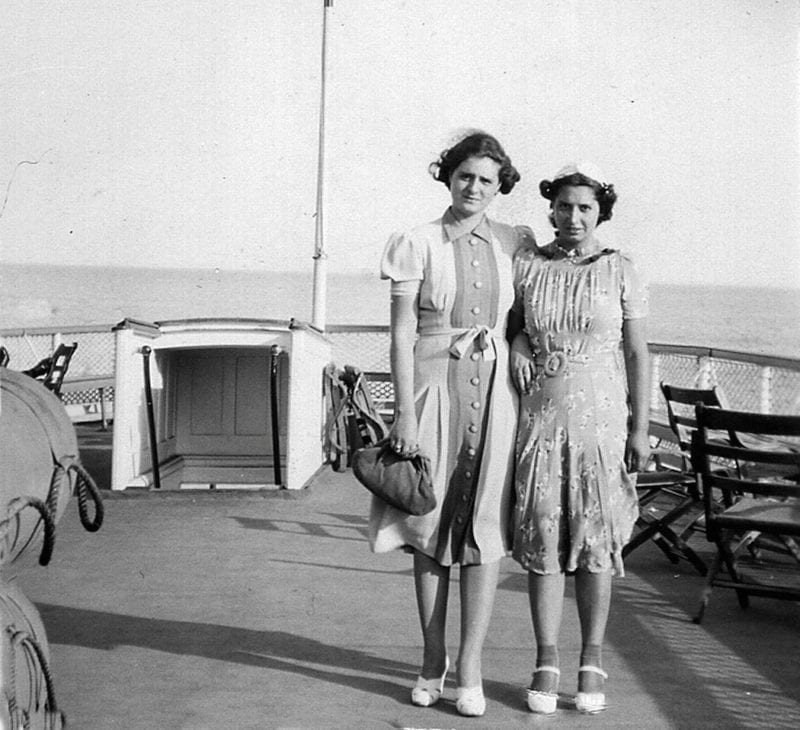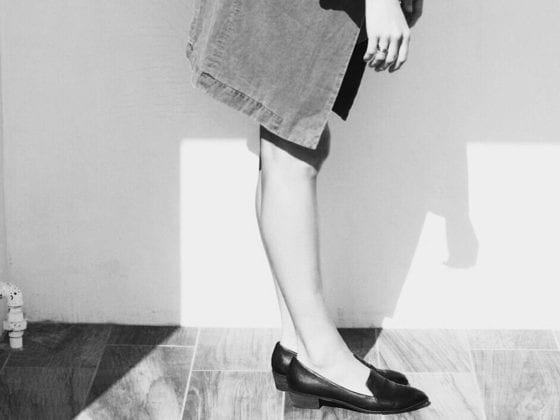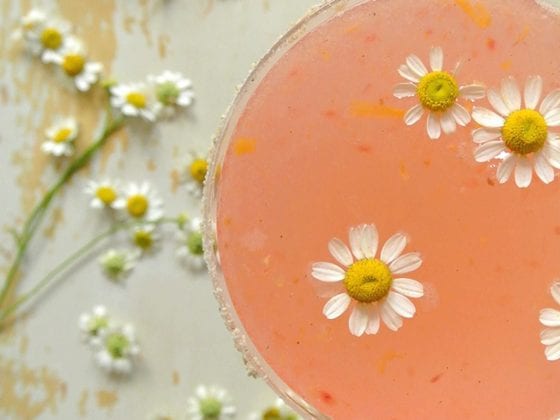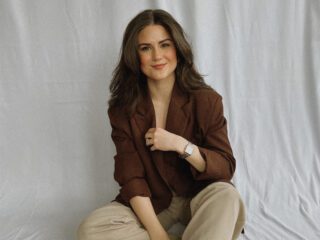I visited my grandmother at her nursing home last week. It’s been almost three years since I saw her last, and I wasn’t prepared for how much she had deteriorated. I knew she had dementia, but as I sat by her bed holding her wrinkled hand I struggled to connect the rosy-cheeked, cheerful woman I remembered with the pale, skinny form lying next to me.
She didn’t remember who I was and I didn’t expect her to. In fact, she slept almost the entire time I was there. To help pass the time a nurse mentioned that a hymn-sing was scheduled for 2 o’clock, which pulled a bright memory to the front of my mind.
I’m sitting on a piano bench next to my grandmother in the sunlit study, fumbling through “What a Friend We Have in Jesus.” The chords feel too big for my hands, but she belts straight through my blunders with the determined gusto of a freight train.
Yes, let’s go to the hymn-sing.
We wheel into a room that smells like mothballs and stale breath. There’s an old piano in the corner that Doris, the home’s chaplain, will play. She’s a tiny, elderly lady with the energy and enthusiasm of a five-year-old. The piano is her throne, the room her kingdom, and she knows each resident by name. I’m enchanted.
Doris starts off with “Oh When The Saints’” in an upbeat, bluesy rasp that animates the room. The lady in front of us looks particularly excited, waving her worn fingers back and forth. Her pale pink nails glimmer whenever they hit the afternoon sun, as if reaching out for something in front of her that only she can see. We sing a few more hymns, and I glance at my grandmother — even in the midst of the music, she’s fast asleep.
It’s also someone’s 90th birthday; after we sing to him, Doris asks if he has anything special to say to those gathered. Even though he relies heavily on a walker, there’s something graceful in the way he pulls himself erect. He adjusts his position to face the audience, and with the seriousness of a soldier, he begins quoting Churchill.
“Never in the field of human conflict has so much been owed by so many to so few.”
It seems a strange thing to say in this context, and the words drop in the silence. A slight, almost awkward pause, and then Doris is thanking him and plowing into the next song. My lips follow automatically with the lyrics, but I’m still chewing on those words, letting them fill up my skull.
They stir up something that’s been in me for quite some time — an uncomfortable feeling, like I’ve eaten too much candy and it’s not sitting right in my stomach. Perhaps it’s the result of getting older or that death has started stealing my ties with this man’s generation, but I feel this owing. And not in the specific sense he’s referring to, but in a wide and incomprehensible way, like a thousand tiny threads of previous lives and past sacrifices have woven together to compose all the intricacy that is me. It’s a debt of existence, of heritage, of livelihood, and I don’t know how to properly appreciate it. I feel like a child who can’t remember to say thank you.
Perhaps it’s the result of getting older or that death has started stealing my ties with this man’s generation, but I feel this owing … in a wide and incomprehensible way …”
As the music crones on in the background, I look at my sleeping grandmother. I’m overwhelmed with a rush of gratitude, and I affectionately squeeze the hand of this woman who gave life to my father, who has given life to me. It’s not an owing to make you feel guilty. No, it’s an owing to make you remember. I think this is the best way I can respond, by remembering.
I want to hear every story, I want to chase down every thread connected to my existence. My grandmother may not be able to remember, but I can. We all can. Whether grandmothers or great uncles, that one quirky aunt or the old man who rides our bus — everyone has a story worth hearing, worth remembering.
We simply must be willing to listen.
Take a moment and think about the people who’ve gone before you, the grandparents, teachers, and mentors who’ve helped you pave your way in the world. Is there a specific way in which you can help celebrate their story?
Image (remembering Pasqualina and Mary Scionti) via Nicole Ziza Bauer













2 comments
Today I was having a conversation with someone at work regarding losing our loved ones. We agreed on carrying on the legacy of someone we lost.
When my grandma, my dad’s mother, Josephine went to heaven my aunt, her daughter saw her scars and wounds disappeared. Of course, my family and I gained more trust in the Lord and His goodnes. Her legacy of being a professor in Clinical Psychological at California State Long Beach, valedictorian of her graduating class, humor, and motherly touch will always carry on.
A great article and a wonderfully told story. My grandmother is beginning to tell more stories about her childhood in China, so I listen, even if she starts talking Chinese I ask questions to make sense of everything. I enjoy hearing what she has to say and think on the hardships she endured to start over in a new country.